March 2021
Several new faculty have joined the college during these first few months of 2021. They are an impressively accomplished, passionate, and dedicated group of public health experts. We are excited to work with them to pursue our public health mission. Welcome new faculty!
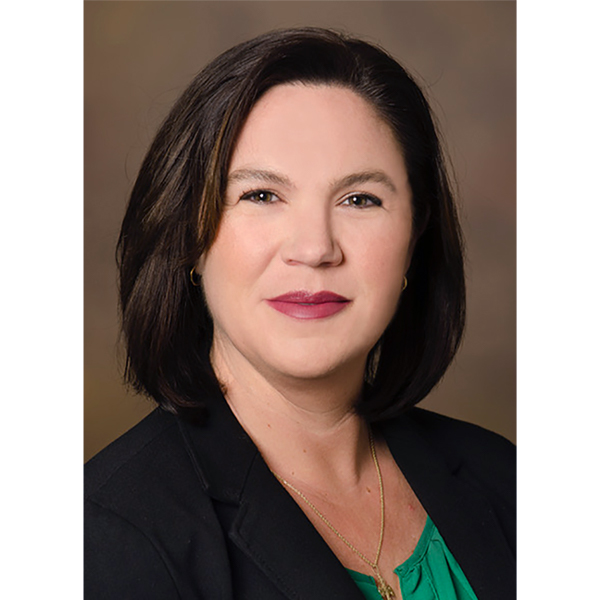
Jennifer Bea, PhD
Associate Professor, Health Promotion Science
Dr. Bea, a physiological scientist, focuses on body composition and chronic disease research, with an emphasis on cancer. Dr. Bea was an R25T Cancer Prevention and Control Fellow at the University of Arizona and, subsequently, the program coordinator for 5 years. She is currently Co-director for the Body Composition Research Laboratory and the Collaboratory for Metabolic Disease Prevention and Treatment Operations Committee Co-chair at UArizona. In addition, Dr. Bea is an investigator for the National Women’s Health Initiative and previously directed the University of Arizona Nutrition Network (UANN) evaluation program throughout the state. A member of the NRG Cancer Prevention and Control Committee, she also serves as a reviewer for the American Cancer Society Institutional Research Grant. As an expert in body composition imaging, lifestyle interventions, circulating biomarkers, and genetics, Dr. Bea has made significant strides in understanding how to tailor interventions to optimize body composition and health. Among the contributions was her investigation into weight loss in breast cancer survivors evaluating macronutrient composition, metabolic regulation, and change in body composition. More recently, Dr. Bea has begun to address cancer health disparities as PI of a physical activity intervention in the Native American Cancer Prevention Project (NCI U54).
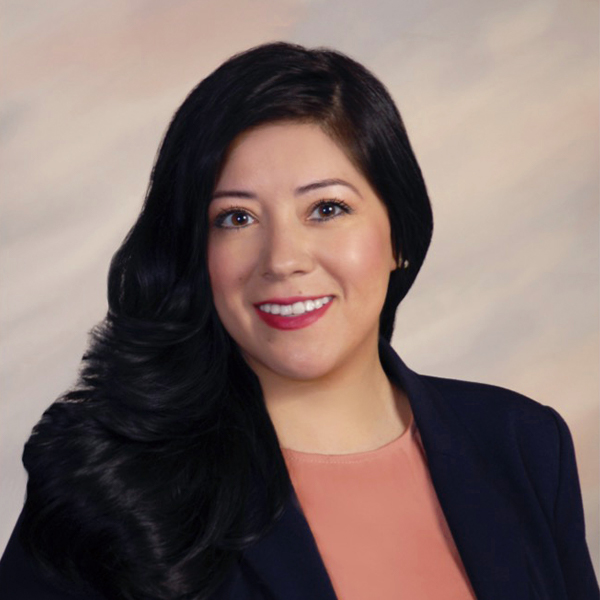
Felina Cordova-Marks, DrPH, MPH
Assistant Professor, Health Promotion Science
Dr. Cordova-Marks (a member of the Hopi Tribe), received both her MPH and DrPH from the Mel and Enid Zuckerman College of Public Health. A former T32 Postdoctoral Research Fellow at the University of Arizona’s Cancer Center, Cancer Prevention and Control, she currently serves as Director of Community Engagement for the CoVHORT (COVID-19 cohort) research study. Dr. Cordova-Marks has been engaged in American Indian health research for over twelve years and leads as Chairperson for the Hopi Education Endowment Fund Board. She has published extensively in peer-reviewed journals on cardiovascular research, health disparities, cancer, and American Indian health including caregiving, reproductive justice and COVID-19. Dr. Cordova-Marks has always prioritized giving back to the community, and she is the founder of Indigenous Volunteers, Tucson Volunteers and the Southern Arizona Urban Native Indigenous COVID Relief program. She recently received the Tucson Woman of the Year award, part of the 40 Under 40 awards presented by the Tucson Hispanic Chamber of Commerce and the Arizona Daily Star. She was also named a Health Equity Scholar by the American Psychosocial Oncology Society, and received the National Native American 40 Under 40 Award in 2019 and the University of Arizona Centennial Award.
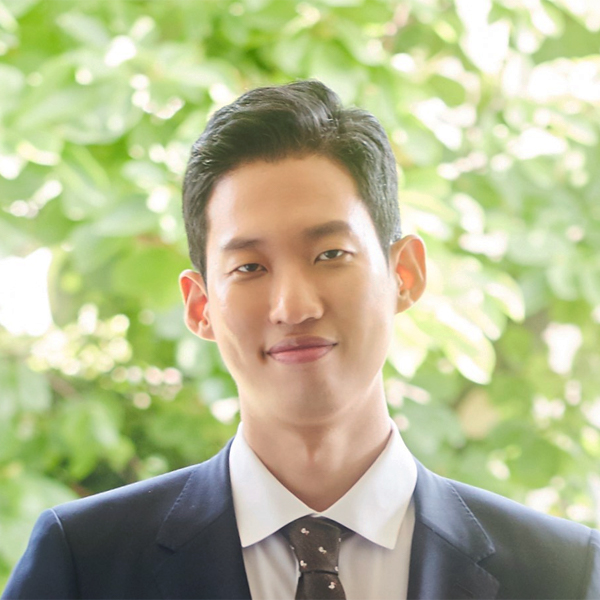
Chris Chaeha Lim, PhD
Assistant Professor, Community, Environment and Policy
Dr. Lim’s research examines how the environment impacts human health applying epidemiologic, statistical, and data science methods. Specifically, he is interested in the health effects of air pollution and climate change, and whether there are disparities in the exposures and associated health outcomes. He also explores the potential application of low-cost sensor technologies for personal-level exposure assessment, urban air pollution modeling, and community-based environmental justice projects. Lim currently leads a study examining the health and academic impact of green playground renovations in New York City public schools, and another study that will look at the impact of air pollution on pediatric asthma in Tucson schools. He completed his postdoctoral training at the Yale School of the Environment and obtained his PhD from NYU School of Medicine.
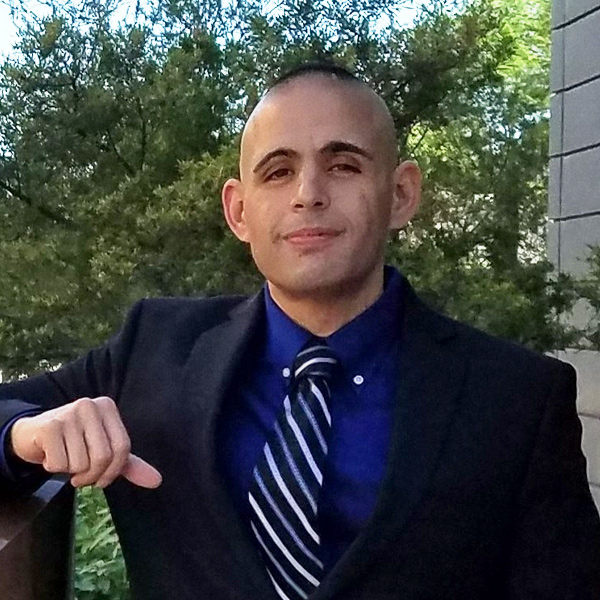
Refugio Sepulveda, DrPH, MPH, MPA
Assistant Research Professor, Public Health Practice & Translational Research – Phoenix Campus
Dr. Sepulveda’s research interests include Health Policy and Administration; Racial and Ethnic Health Disparities; Economic, Social, Cultural, and Structural Determinants of Health; Community-Based Participatory Research; mHealth, eHealth, and digital innovations for health delivery; and Epilepsy Self-Management among Hispanics. He teaches a range of courses in the areas of public health policy and management, the U.S. health care system, health systems delivery, public health ethics, and community assessment.
Dr. Sepulveda currently serves as the co-PI on two newly awarded SIP grants funded by the CDC through the Arizona Prevention Research Center (AZPRC). Both of these projects aim to improve the public health response to epilepsy. During this time, Dr. Sepulveda will represent the University of Arizona as a scientific investigator of the Managing Epilepsy Well Network (MEW), a thematic research network from the CDC’s Prevention Research Center program. In 2019, Dr. Sepulveda was awarded a certificate of appreciation from the CDC's National Center for Chronic Disease Prevention and Health Promotion (NCCDPHP) for his outstanding commitment to epilepsy prevention.
Dr. Sepulveda received his DrPH and MPH degrees from the Mel and Enid Zuckerman College of Public Health and a Master’s in Public Administration (MPA) in Health Administration from the University of Arizona Eller College of Management. He holds a joint appointment with the University of Arizona College of Medicine, Department of Neurology.
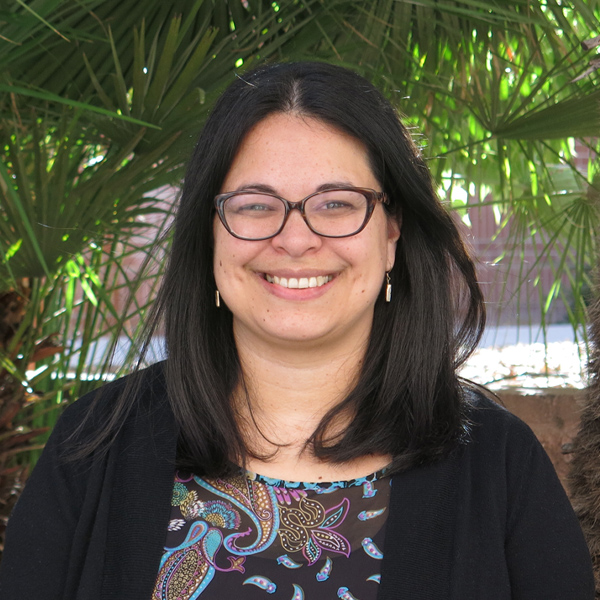
Gabriela Valdez, PhD
Assistant Professor of Practice; Director, Global Education, Global Health Institute
Gabriela has worked in the field of international education for the last 15 years teaching, creating, implementing, and overseeing international programs in over 20 countries around the world including Mexico, Spain, and the Dominican Republic. She has worked at the University of Arizona for 10 years in various roles related to international education. Gabriela received her PhD in International Education & Global Perspectives from the University of Arizona where her dissertation centered on Chinese international students studying in the U.S. She also holds a Master’s degree in Education from Northern Arizona University and a Master’s degree in Language, Literature & Culture in the Hispanic World from Universidad de Alcalá de Henares. Her research interests cover comparative education, internationalization and contextualization of curriculum, international students’ experiences, and international collaboration.
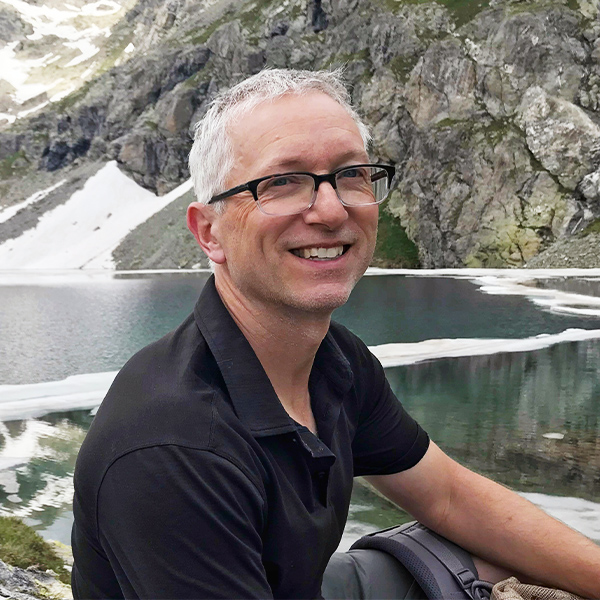
Frank von Hippel, PhD
Professor, Department of Community, Environment and Policy; Lead, One Health Research Initiative
Frank was born and raised in Alaska, received his A.B. in biology at Dartmouth College in 1989, and his Ph.D. in integrative biology at the University of California, Berkeley in 1996. He taught for Columbia University (1996-1999), the University of Alaska Anchorage (2000-2016), and Northern Arizona University (2016-2021) before moving to the University of Arizona in February 2021. Frank has taught ecology field courses in over twenty countries, and conducted research in the Americas, Africa and Australia. Frank conducts research at the nexus of ecotoxicology, mechanisms of toxicity, and health disparities. He uses locally occurring wildlife and laboratory animals as models for human exposure and disease. He is especially interested in health disparities experienced by vulnerable populations and he employs a Community Based Participatory Research approach. Frank’s research has been widely covered in the press, including The New York Times, National Public Radio, The Economist, the BBC, and many other media outlets. Frank hosts the Science History Podcast, and loves to write about science for both technical and general audiences. He is the author of The Chemical Age, published in September 2020 by The University of Chicago Press.
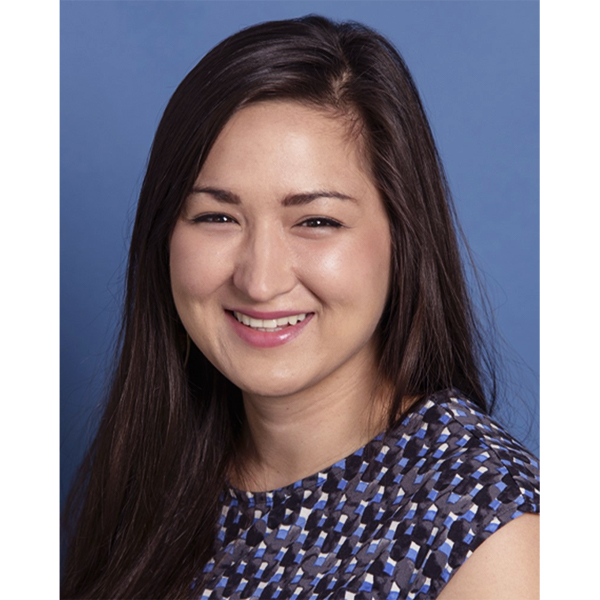
Amanda Wilson, PhD, MS
Assistant Professor, Department of Community, Environment and Policy (starts July 2021)
Dr. Amanda M. Wilson studies microbial exposure and risk assessment, human behavior, and exposure modeling. Recently, she has collaborated internationally to develop COVID-19 risk assessment models and co-developed a risk scoring algorithm for a COVID-19 contact tracing app, Covid Watch. She was recently awarded a University of Arizona Health Sciences Career Development Award to expand her research training to address asthma and microbial risk-risk trade-offs for healthcare workers conducting surface cleaning and disinfection. She received her postdoctoral training at the Rocky Mountain Center for Occupational and Environmental Health in the Department of Family and Preventive Medicine, University of Utah, and received her PhD in environmental health sciences at the University of Arizona. Dr. Wilson was featured in Hispanic Engineer & Information Technology magazine in 2018 and has been interviewed by Discover Magazine, New York Magazine, and The Washington Post on her COVID-19 and fomite-mediated exposure research.








